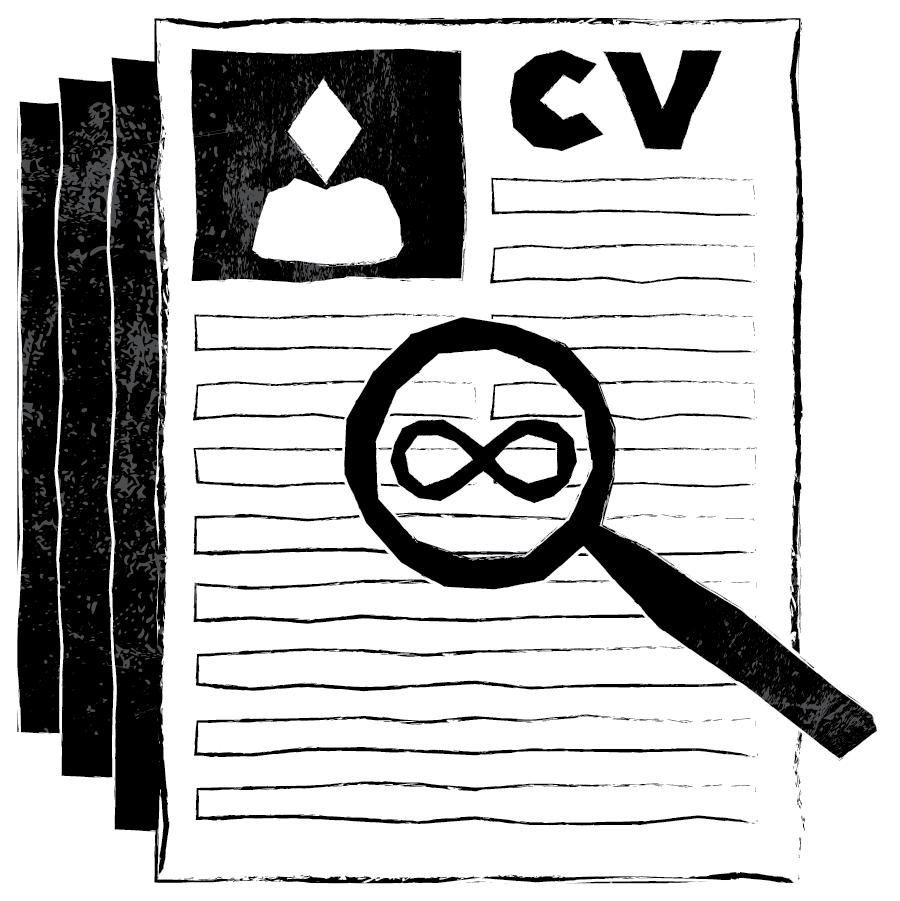Welcome to Patrick Pontificates, a series of blogs where contributor and STEM graduate student Patrick Dwyer ponders issues important to students. He explores habits and outlooks that have supported his own success, and which are, of course, also supported by research!
I see you’ve decided to read my pontifications! Welcome. As a wise, old 23-year-old, I have pondered deeply and concluded that it is my proper role in life to impart my vast stores of wisdom to other people, like you.
Okay, fine, maybe 23 years isn’t that much time to accumulate wisdom, but I did graduate from college and get accepted to grad school, so I must have been doing something right! Let’s just accept that I have wisdom and move on, okay? Try to suspend your disbelief.
Now, where was I? Oh, right! So, you may have noticed that our society sometimes expects us to do things but doesn’t bother to tell us, right? There are unwritten expectations. These unwritten expectations apply to everyone, but neurotypicals often seem to understand them naturally whereas we autistics sometimes have a bit more trouble.
But because of my vast wisdom, I know that society expects people graduating from college to have more than just a degree on their resume or CV. Employers and graduate programs like to see candidates with work experience and volunteer experience.
If my vast wisdom’s not enough evidence for you, there’s research showing that people with disabilities who have jobs in high school are going to have better employment outcomes in adulthood (Carter et al., 2012). In fact, autistic students who are part of an internship program in their last year of high school are many, many times more likely to be employed after graduation (Wehman et al., 2017).
Why? Well, it’s partly because they’ve learned job skills through practice. It’s partly because they’ve practiced searching for jobs, applying for them, and navigating job interviews. But perhaps the most important reason is that employers like it when job applicants have a previous work history. These same reasons to get a job apply in the college setting.

Some employers and graduate programs might even like to see evidence that you’ve already done work related to the position you’re applying for. (College class might not count.) For example, I’m in an experimental psychology graduate program, and in that field, it’s expected that undergraduate students will get experience working and volunteering in psychology labs before applying to graduate school. Once you figure out what field you want to work in, you should ask others (professors, people in industry, other students) to learn more about the unwritten expectations specific to your area.
Of course, you might already feel overwhelmed with classes – the thought of working and volunteering might seem like too much! I understand. But I don’t think there’s any reason to rush forward with classes at the expense of your resume. I took five years rather than four to finish my degree, and absolutely nobody cared that I had taken that extra year. But they definitely cared about the volunteer and work experiences I was able to get with that extra time.
I hope my first pontification was enlightening. But I know that one of the most important things about being wise is listening to others, and I am a very wise person, so naturally I am anxious to hear your thoughts, feedback, and comments!
References
Carter, E. W., Austin, D., & Trainor, A. A. (2012). Predictors of postschool employment outcomes for young adults with severe disabilities. Journal of Disability Policy Studies, 23(1), 50–63. https://doi.org/10.1177/1044207311414680
Wehman, P., Schall, C. M., McDonough, J., Graham, C., Brooke, V., Riehle, J. E., … Avellone, L. (2017). Effects of an employer-based intervention on employment outcomes for youth with significant support needs due to autism. Autism, 21(3), 276–290. https://doi.org/10.1177/1362361316635826




